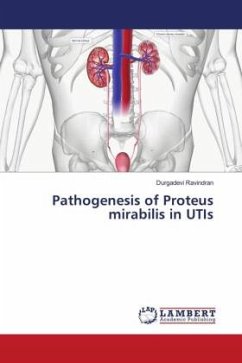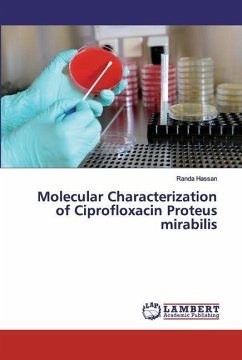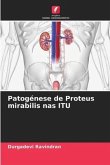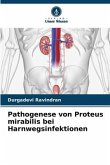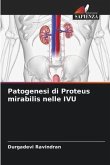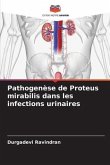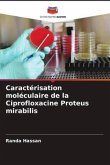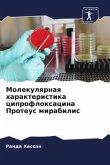Among the growing challenges to public health, infectious diseases occupy the prominent position, since they cause millions of disability and mortality worldwide. Urinary tract infections (UTIs) are the most prevalent infectious disease acquired in health-care settings that can affect any part of urinary system. Proteus mirabilis is the main pathogen causing complicated UTIs, especially catheter-associated UTIs. P. mirabilis possesses an impressive arsenal of virulence factors that contribute to its pathogenicity have been described to be aided by fimbrial adhesion, biofilm formation, flagellar motility, and toxin secretion. These crucial virulence factors of P. mirabilis instigate complicated UTIs. Hence, modulation of those virulence gene transcriptional regulators has become an alternative therapeutic strategy to attenuate the pathogenicity of P. mirabilis. The medicinal plants offer a valuable source to screen for virulence inhibitors against P. mirabilis. Also, the antibiofilm coated catheter offers for the first time a means of reducing infection and its complications in long-term urinary catheter users.

